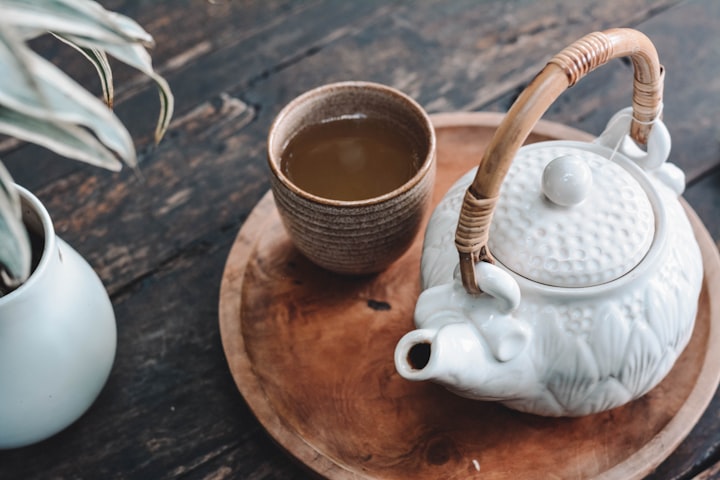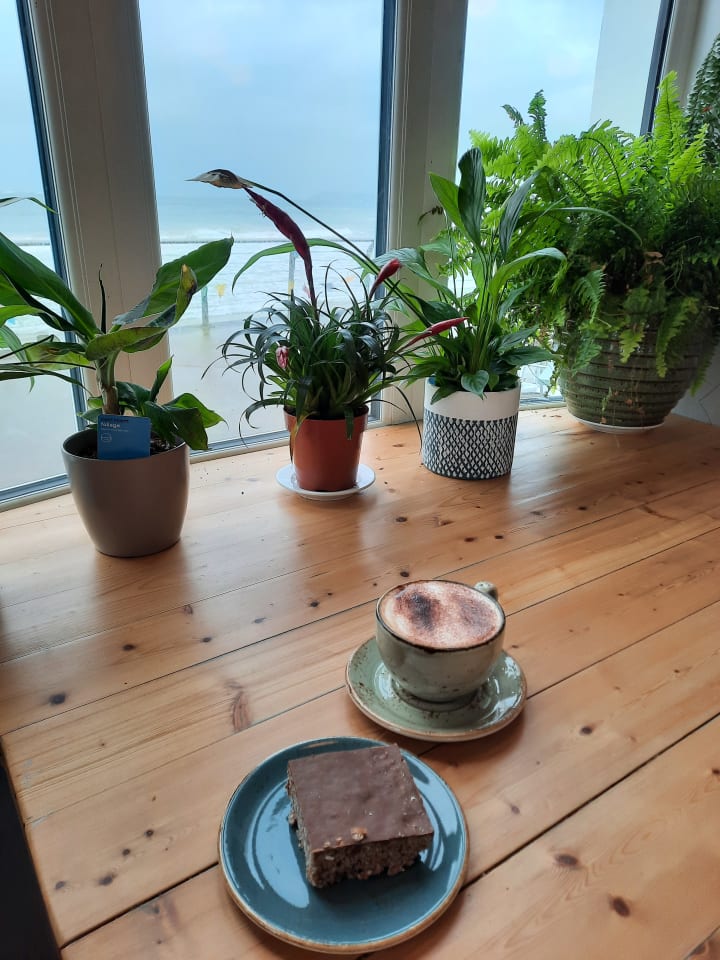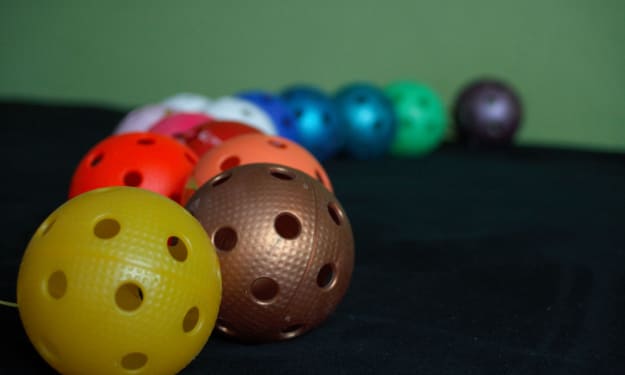
Worldwide over one billion people drink coffee on a daily basis. For regular coffee drinkers coffee consumption often does not stop after one cup. Many people crave for a coffee at some point during the day (including myself) or just drink a cup at a specific time of the day as part of their daily routine. Even if a lot of people think they can’t function before their first cup of coffee in the morning and sometimes withdrawal symptoms can be shown, it is under debate whether caffeine is to be regarded as an addictive substance. At least not based on scientific literature. There are still a lot of discussions ongoing about that topic.
Apart from coffee, there are further known wake-up stimulants. One well known beverage is black or green tea.

What a lot of people still believe is that coffee contains the active ingredient caffeine and black or green tea contains the active ingredient theine.
However, theine and caffeine are both chemically identical!
At the time of discovery of theine and caffeine, it was unknown that the chemical formula for both was C₈H₁₀N₄O₂ and that these “different” substances were actually one and the same. The use of these individual names (named based on where the stimulating substances have originally been found) today is simply a remnant from this time.
However, caffeine has a different effect in coffee and in tea. This is because caffeine is released differently in each of them.The active ingredient released from the tea leaves is bound to tannins so that the organism cannot fully absorb the caffeine.
While there is slower and less effect of caffeine from the tea on the body (though it lasts longer), caffeine from coffee enters blood circulation much quicker and releases adrenaline. The active ingredient in coffee accordingly provides a quick pick-me-up effect, which, then again does not last long.
The effect of tea depends on how long you keep the tea leaves in the water. The general rule: The longer the brewing, the more calming the drink will be. Quite surprising and counterintuitive, no? The reason for this is the presence of another type of chemical compound called “tannin”. Its characteristics include the contribution of a bitter flavor and the color to the tea, as well as a calming effect.

If the leaves float in water for a very short time only, all the caffeine is drawn out, whereas the tannins are still bound to the leaves. Thus the tea will be most stimulating.Over time, more tannins are released, counteracting the stimulating effect of caffeine and resulting in a more relaxing drink.
Moreover, you brew far fewer tea leaves for a cup of tea than coffee beans for a cup of coffee. That’s why even if one tea leaf contains more caffeine (theine) than one coffee bean, the caffeine content per brewed cup is significantly lower than in coffee.

A lot of research is ongoing about the influence of caffeinated beverages on our health. Some studies have shown so far, that nowadays for many people indispensable hot drinks have stunning impact on our health in positive as well as negative ways. For example, caffeine is meant to help against Alzheimer's. It stabilizes the blood-brain barrier due to it’s effect of blocking the cholesterol, which in turn has a destructive effect on this barrier and thereby makes it more permeable for pathogens. But it also seems to protect against Parkinson’s disease, diabetes and gout. Still under debate is it’s risk on osteoporosis (although it seems to accelerate bone loss in elder women) and cancer.
Based on all these facts, I was wondering whether drinking tea is a healthier solution than drinking coffee. According to some nutritionists it doesn’t really matter which of the drinks is preferred.
However, like with everything else in life, moderation is key.
Quenching thirst with caffeinated drinks (this also includes coke and energy drinks) can be harmful for the body’s water balance.
By the way, did you know that cacao also contains a little bit of caffeine? I stumbled across this fact while doing some research for this article. It really surprised me, as I have never heard about that, despite having visited chocolate factories several times in my life. So every time we eat chocolate, we also consume caffeine. With this information in mind, it is concerning that at a young age we are already exposed to this drug, without being aware of it. I don’t even want to count how often I drank hot chocolate when I was a kid. I know that the amount of caffeine in this beverage is not comparable to the one in coffee or tea, but I am also not sure how healthy it is to get used to it at a very young age. For this I think I have to stop writing this article, make myself a cup of tea and do some further reading.
About the Creator
Kylara
A young creator just started writing: I share my thoughts about various things I learn in everyday life
My Focus? Well, every topic I feel like writing about. So maybe there is something inspiring for you as well?






Comments
There are no comments for this story
Be the first to respond and start the conversation.